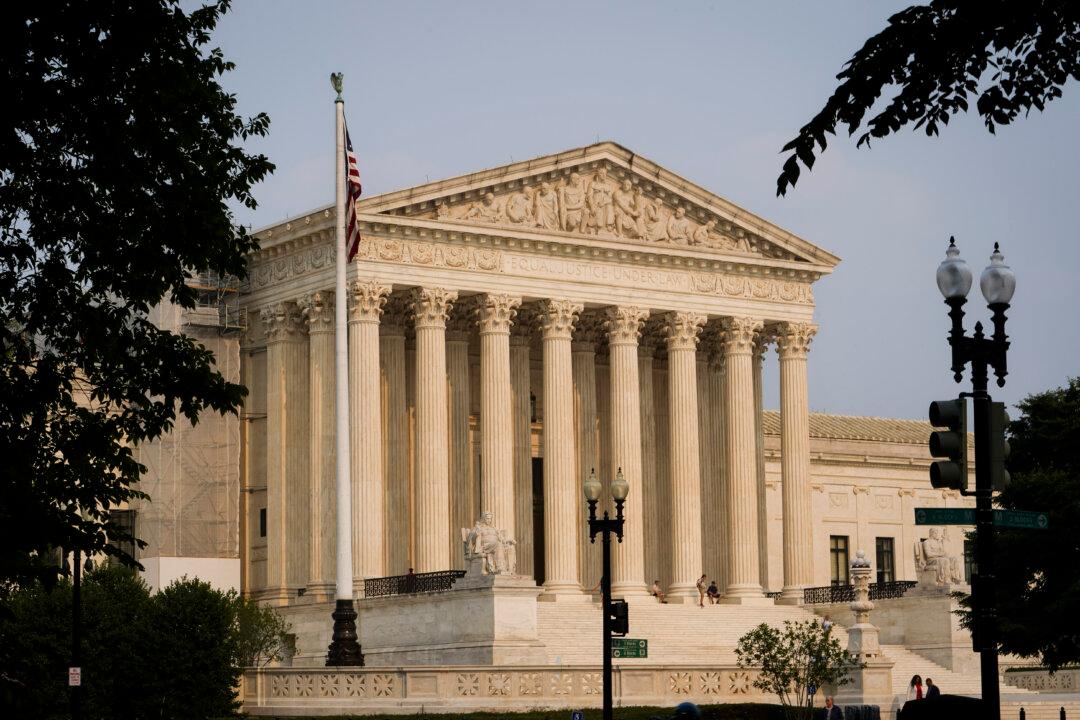The Alabama legislature will initiate a special session in the coming weeks to redraw the state’s congressional districts after a landmark U.S. Supreme Court ruling, according to an announcement from Gov. Kay Ivey.
Earlier this month, in a 5–4 ruling, the Supreme Court ruled that the state’s congressional district likely violated the Voting Rights Act of 1965, alleging the maps may have discriminated against black voters. Republican-appointed Justice Brett Kavanaugh and Chief Justice John Roberts joined the three Democrat-appointed justices in rendering the majority opinion, while Justice Clarence Thomas wrote a lengthy dissent.





